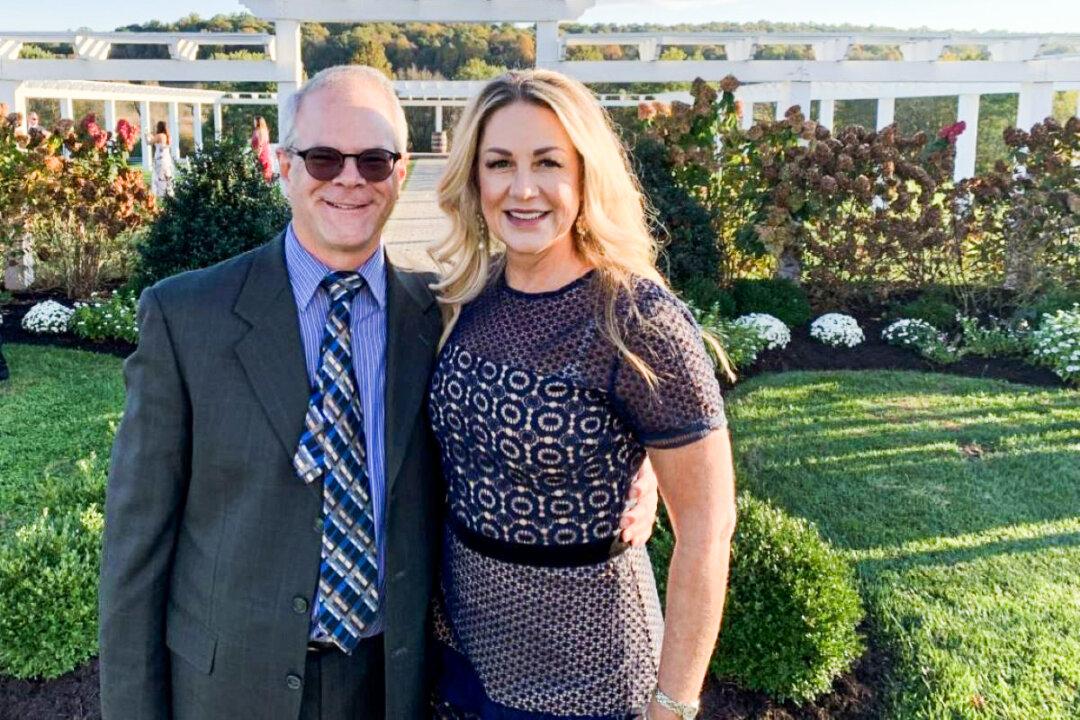Keith Smith of York, Pennsylvania, died at the age of 52 on Sunday evening from COVID-19 before getting his full Ivermectin treatment. He was supposed to receive three Ivermectin doses, but treatment was paused after two doses when his lab reports showed a decline in his condition, according to a blog his wife Darla Smith has been writing to provide updates on his condition.
Early into his hospital stay, Darla asked UPMC Memorial Hospital in York to administer the Ivermectin Keith had ordered before he went into the hospital. The hospital said Ivermectin is not part of its COVID protocol and would not give it to him. Darla went to court and a judge ruled that UPMC Memorial did not have to treat Smith with Ivermectin, but it must allow a doctor or registered nurse to administer the drug under the guidance of the telehealth doctor who prescribed the Ivermectin before Keith was hospitalized.





